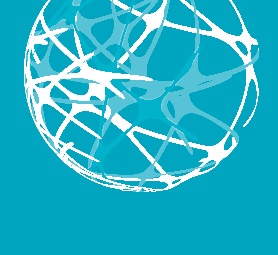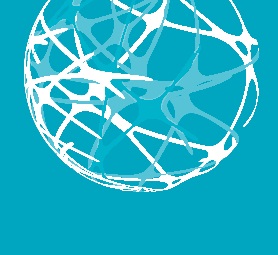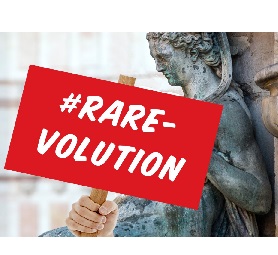Letter from the Communication Group of the UDNI
In 2008, the National Institutes of Health's headed a successful Program on Undiagnosed Diseases to obtain diagnosis for individuals who had long sought one without success. A few years later, as a result of two international conferences held respectively in Rome (2014) and in Budapest (2015), sponsored by the Office of the NIH Director and the Wilhelm Foundation in Sweden, the International Network on Undiagnosed Diseases (UDNI) was founded and sustained thanks to the collective and powerful vision of a group of specialised experts from different countries.
Undiagnosed diseases are a global health issue, a challenging task requiring much skill and effort from the global scientific and healthcare community together with a multidisciplinary commitment and dedicated patient involvement at the national and international levels. To merge and drive ideas, approaches and lessen concerns among members, the UDNI has built a consensus framework of principles, best practices and governance; the Board of Directors reflects its international character including experts from Australia, Sweden, Canada, Hungary, Italy, Japan and the USA. Currently, the UDNI encompasses centres with internationally recognized multi-professional and outstanding expertise on rare diseases, for ensuring the scientific quality to face undiagnosed conditions. Certainly, many others clinical and research centres will be part of this wide research community in the future.
We hope the various activities of UDNI as well as the new initiatives and research studies will be realised at the highest level and will significantly contribute to the development and implementation of efficacious strategies to help persons and their families who have waited for a certain diagnosis for a long time.
Driven by motivation and enthusiasm, as indivisible parts of all our past and future activities, we want this newsletter to represent a quick and easy/informal way to update readers on many topics re undiagnosed and rare diseases and to help disseminate results of the ongoing research activities of the UDNI.



